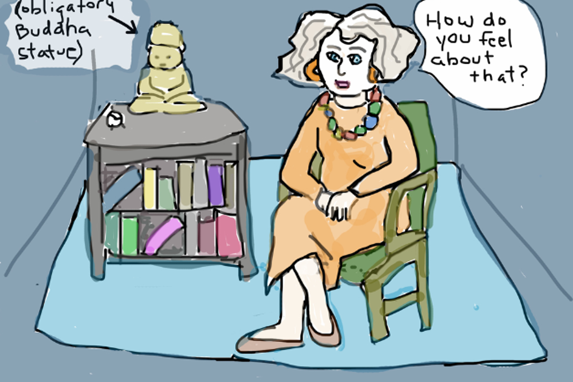Source: https://www.acesconnection.com/
By Anne Runkle
Everyone knows that trauma in childhood can cause problems later in life, but until recently, we totally misunderstood how this happens.
Here are four myths that have dominated our understanding of Childhood PTSD, and convoluted our approach to treatment:
Myth 1: Childhood PTSD is a psychological wound.
What we know now: We now know that the damage from early abuse, neglect and chronic stress is largely neurological — in other words, it causes brain and nervous system changes. These changes, in turn, can cause cognitive impairment, emotional and social problems and chronic disease. Though much of the damage can be reversed, it’s important to be aware of how these events can have such a broad impact on every part of our lives.
Myth 2: The best thing for people who were traumatized is to talk about it.
What we know now: Focusing on your childhood traumas will not, by itself, produce recovery. While taking stock of what happened is a useful first step, putting attention on bad things can actually re-traumatize you, and in the re-traumatized state, it can be impossible to reason, remember or integrate information. This is one of the main reasons that talk therapy doesn’t always work very well for trauma, and why other methods of recovery are necessary. Focusing on childhood can also emphasize blame, which ultimately keeps you trapped.

No comments:
Post a Comment